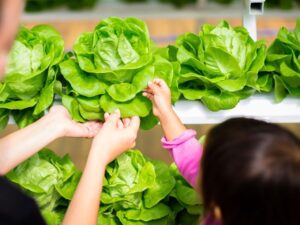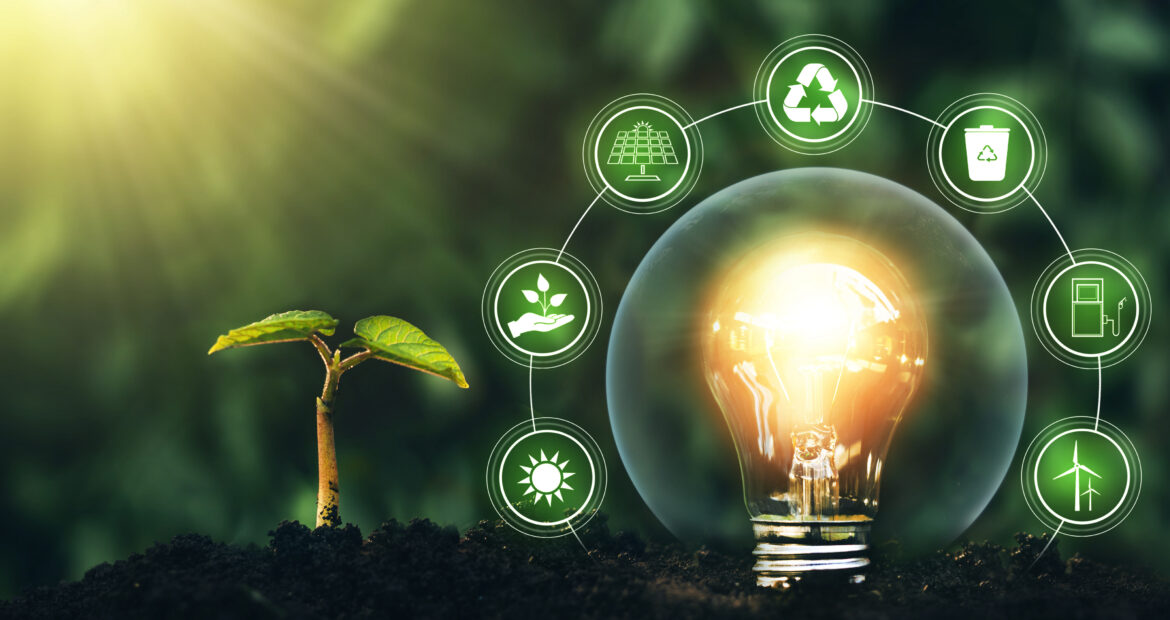Navigating the Future of Agriculture: Organic and Hydroponic Farming
As the demand for sustainable and healthy food options increases, both organic and hydroponic farming systems are gaining attention for their contributions to environmental sustainability and food safety. Organic farming, particularly local operations, offers a greener alternative to large-scale commercial agriculture by prioritizing natural processes and biodiversity. Meanwhile, hydroponic farming emerges as a modern solution, addressing some of the challenges traditional organic methods face.
The Virtues of Organic Farming
Organic farming, especially at the local level, plays a crucial role in promoting soil health and ecological balance. This method avoids synthetic pesticides and fertilizers, instead relying on organic matter to nourish plants. Local organic farms often have a smaller carbon footprint than their large-scale counterparts due to reduced transportation distances and a focus on community-based food systems. These practices support local economies and contribute to a healthier planet.
Hydroponic Farming: A Complementary Approach
 Enter hydroponic farming, a soil-less cultivation method that uses nutrient-rich water solutions to grow plants. This innovative approach sidesteps the risks associated with soil-borne pathogens and the use of manure, offering a safer alternative for producing leafy greens and other crops. Hydroponics stands out for its water efficiency, using up to 90% less than traditional farming, and its ability to thrive in urban settings, bringing fresh produce closer to consumers.
Enter hydroponic farming, a soil-less cultivation method that uses nutrient-rich water solutions to grow plants. This innovative approach sidesteps the risks associated with soil-borne pathogens and the use of manure, offering a safer alternative for producing leafy greens and other crops. Hydroponics stands out for its water efficiency, using up to 90% less than traditional farming, and its ability to thrive in urban settings, bringing fresh produce closer to consumers.
The Synergy Between Organic and Hydroponic Farming
While hydroponic systems are currently not eligible for organic certification due to the absence of soil, they share the core organic principle of minimizing environmental impact. The method’s precise nutrient management and reduced need for pesticides align with organic farming’s ethos of sustainability and eco-friendliness.
Advocating for a Broader Definition of Organic
The dialogue around including hydroponic farming within the organic umbrella is ongoing. Expanding the organic certification to include hydroponic methods could recognize these systems’ sustainability and safety benefits, especially when combined with the local, community-focused spirit of small-scale organic farming.
Conclusion
The integration of hydroponic farming into the broader organic movement presents an opportunity to enhance the sustainability and safety of our food systems. Local organic farms already set a high standard for environmental stewardship and community engagement; by adopting hydroponic technologies, we can further reduce the ecological footprint of agriculture and ensure a safe, secure food supply for future generations. Embracing the strengths of both organic and hydroponic methods will be crucial in our journey toward a more sustainable and resilient agricultural landscape.
